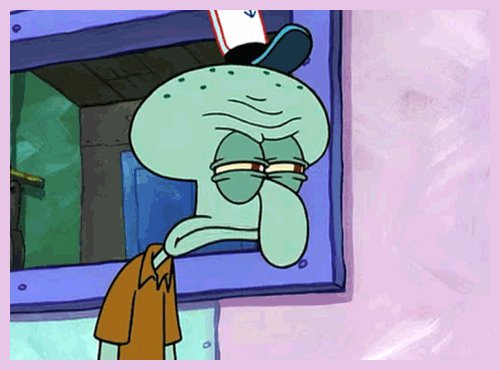Edith Wharton
Throughout the novel so far, I have been able to pick up for the most part on symbols and parallels fairly easily. But this section with the Gormers and Dorsets seemed like an abrupt turnaround in the symbolism.
Bertha Dorset was the simplest of symbols to ascertain from this section. She is obviously the antagonist of the story and has been since she and Lily appeared to compete for Selden at the Bellomont. Since then, Bertha involved herself in scandalous activities such as the mysterious letters Lily bought and running around with other men. I still don't know exactly what she's doing. I would think she is having an affair, but there is too little hard evidence. This ambiguity and necessity to be as cunning in order to understand the scandals actually creates a distrust for the rich characters that Wharton probably intended. Overall, with her unbearable and wretched demeanor, Bertha Dorset represents the vanity in Lily that she must overcome to reach Selden.
The Gormers were not too difficult to decipher. The only difficulty involved was the complexity and range of categories Wharton seems to put people of the upper class. Once the reader ceases to lump all the rich people together, the true significance of the Gormers can be seen. When Lily is with the Gormers and their friends, she feels more accepted than when she was with her usual group. Lily notes, "... all they asked was that she should- in her own way, for they recognised a diversity of gifts- contribute as much to the general amusement as that graceful actress, whose talents, when off the stage, were of the most varied order" (Wharton, 189). The Gormers seem to represent the ideal balance between wealth and social acceptance. The two are not exclusive and even generalizing when it comes to those who generalize is a disservice.
The most confusing character is Mr. Dorset who has made it clear that he desires to leave his wife and her wretched ways. However, Lily notes that, while she sees his disdain for his wife as well-grounded, Dorset is a source of scandal and quite self-absorbed. Since he seems to embody the worst of both extremes, it is difficult to discern his importance. Perhaps he represents an outlet for Lily's pity and good will which would sever her ties with her old group while creating ties with a new group that appreciates who she is and not who others say she is.
I would be lying if I said I didn't read this passage with the following expression:

No comments:
Post a Comment